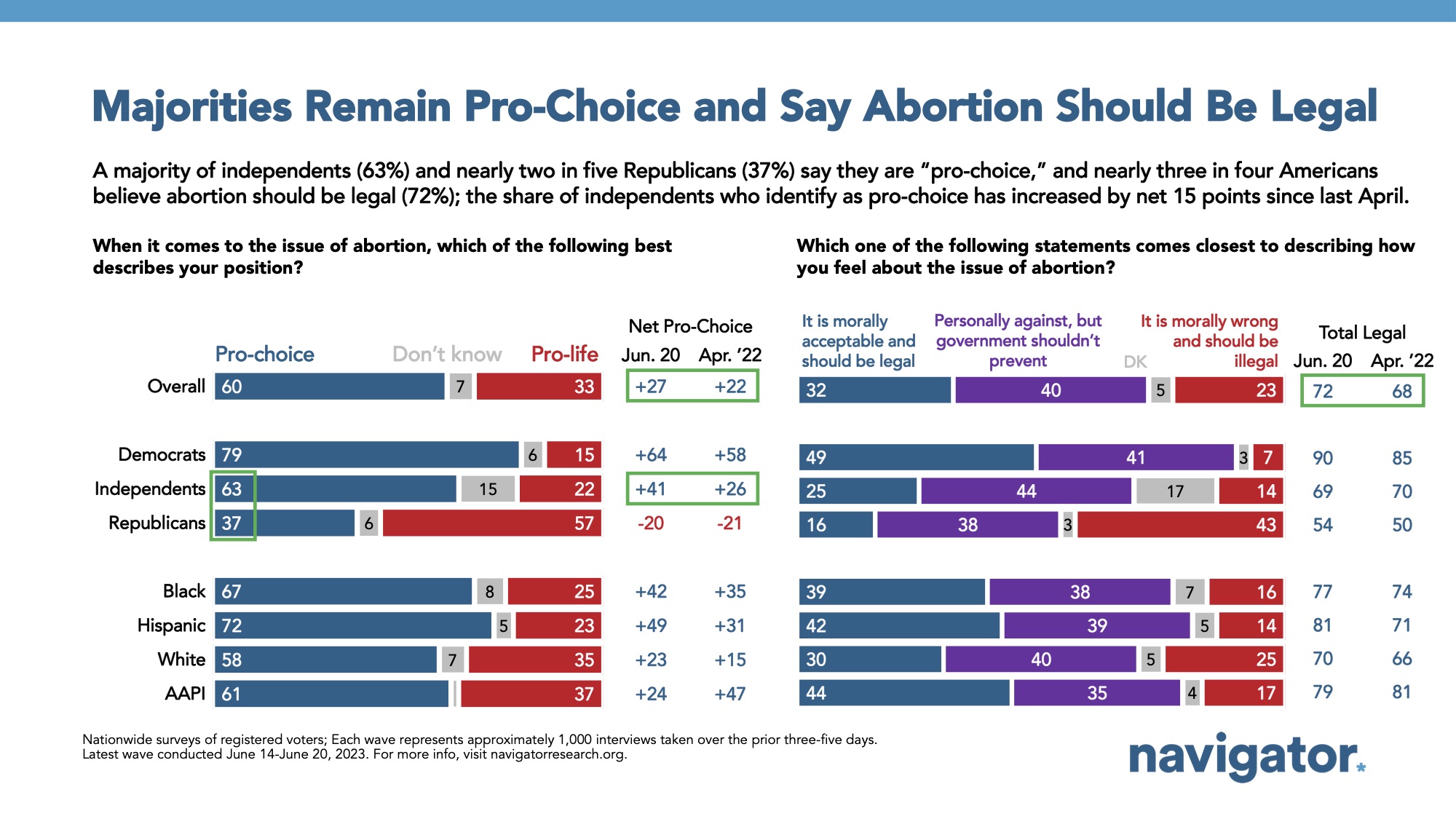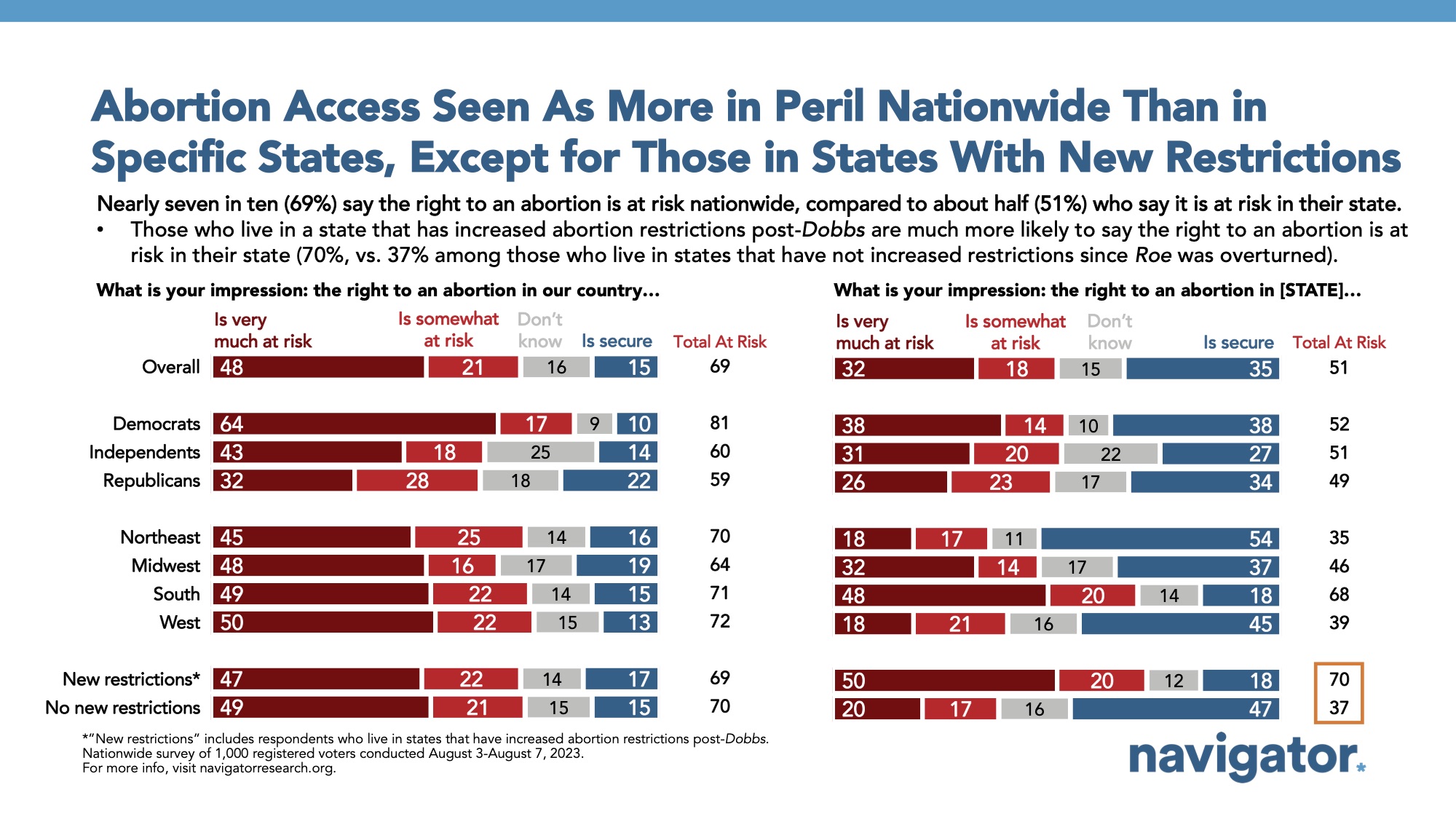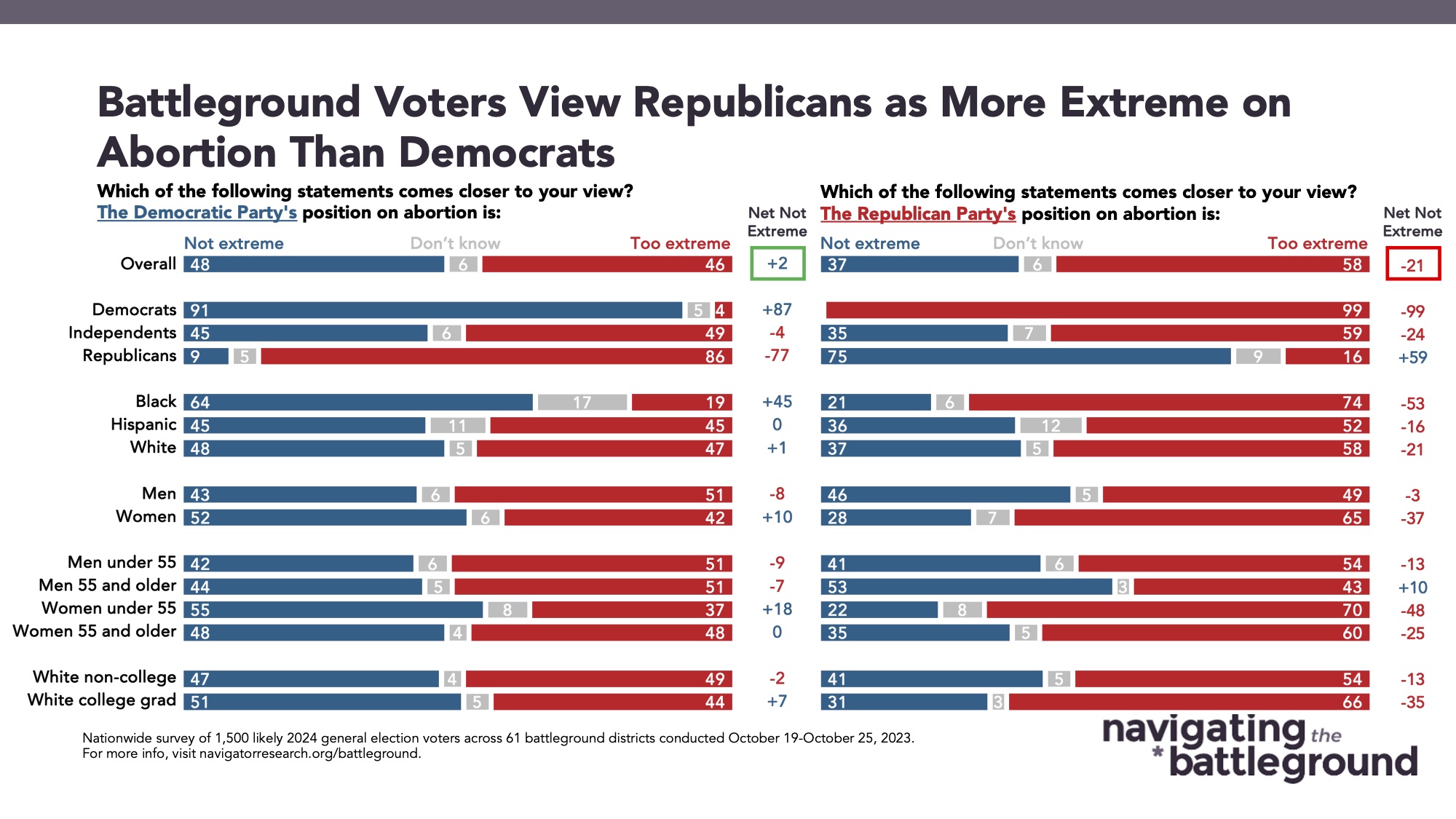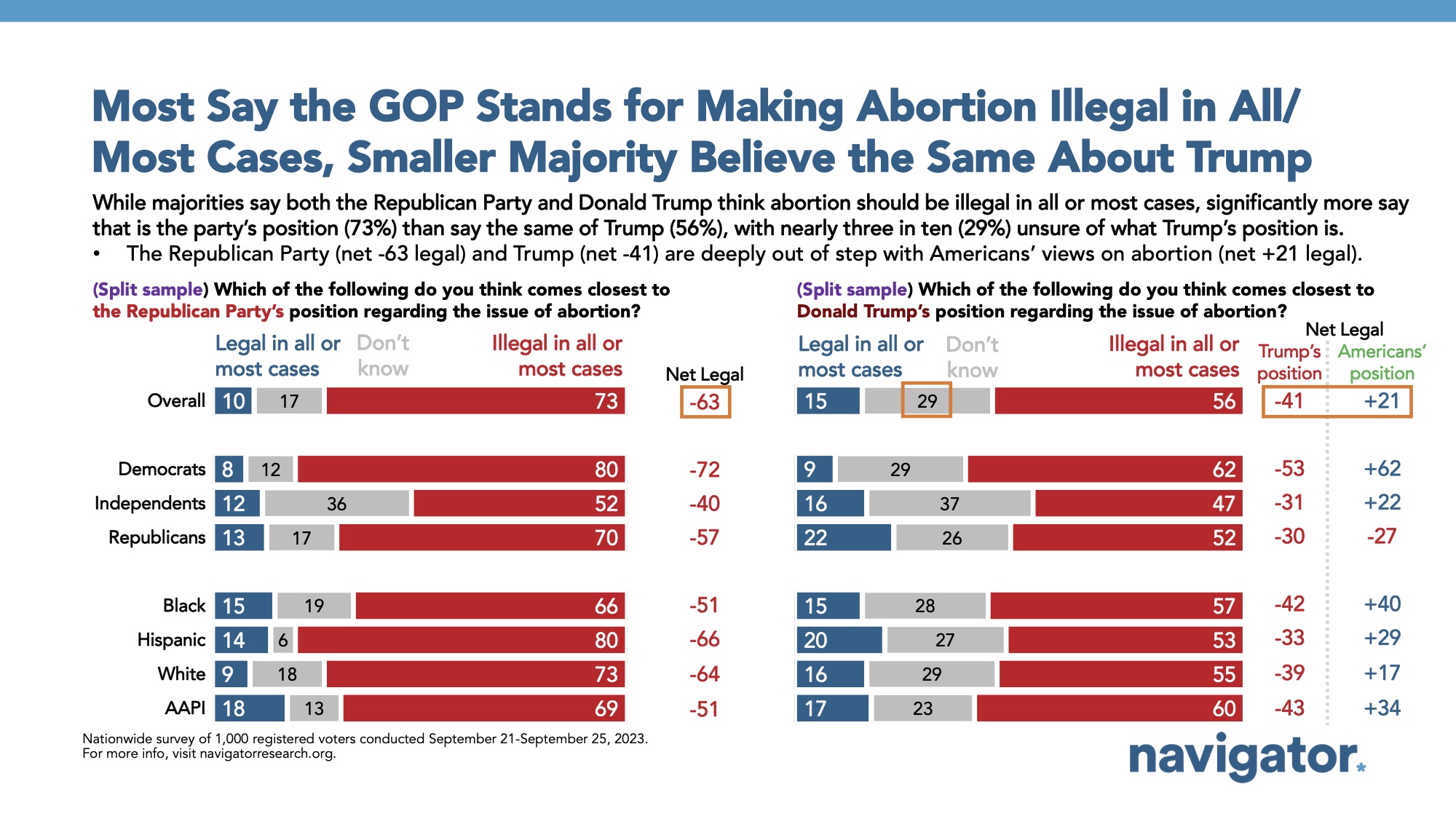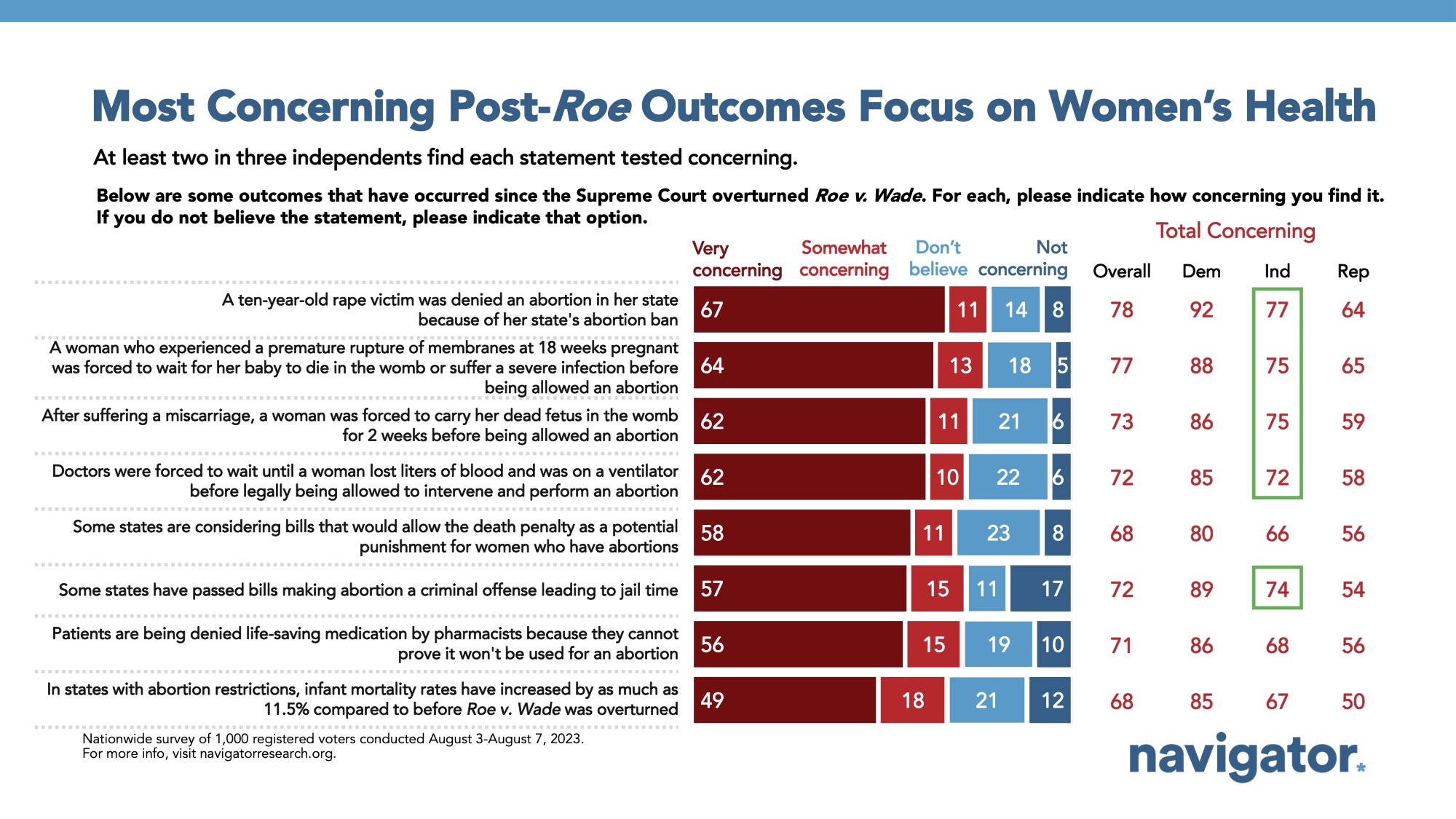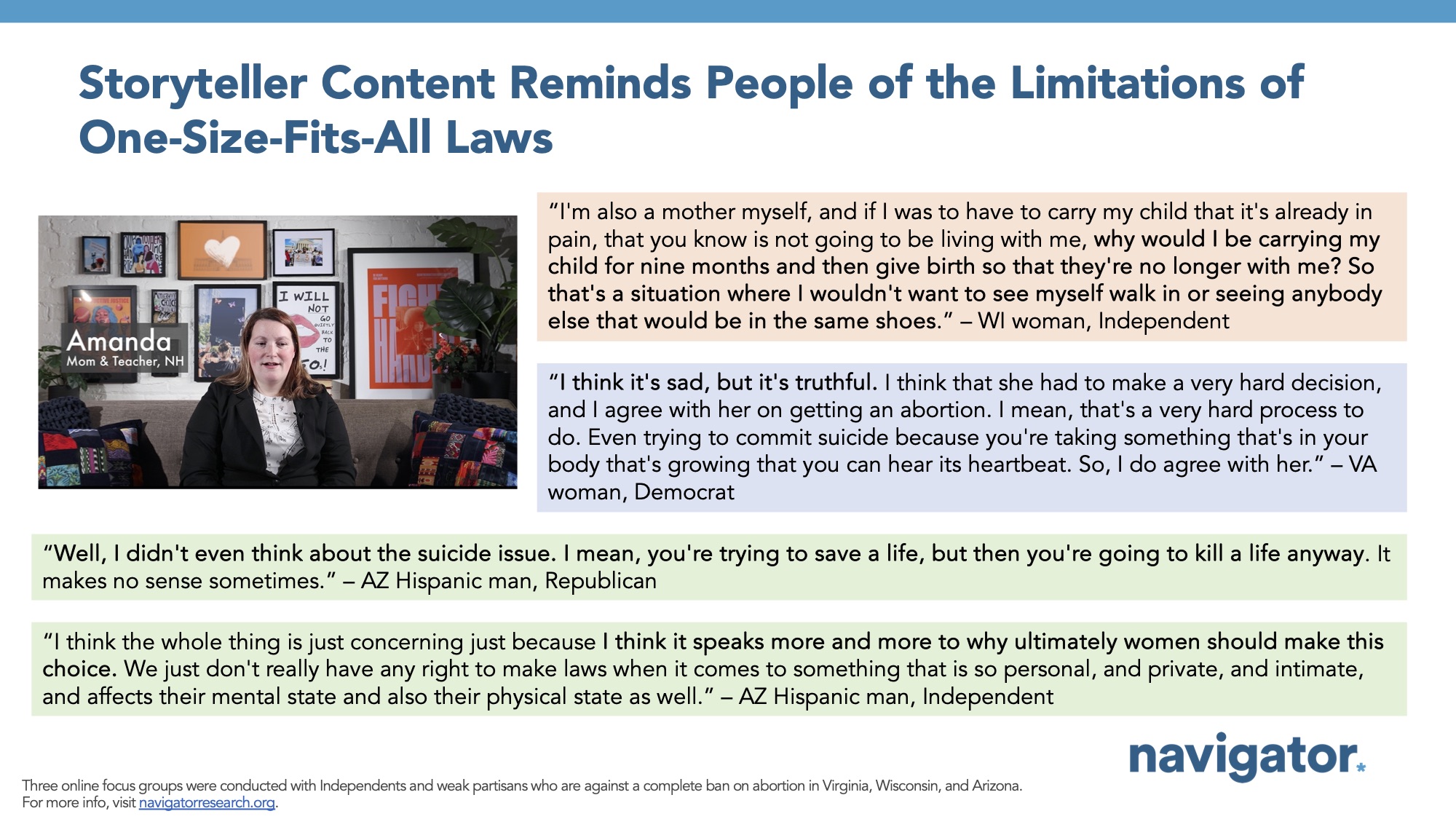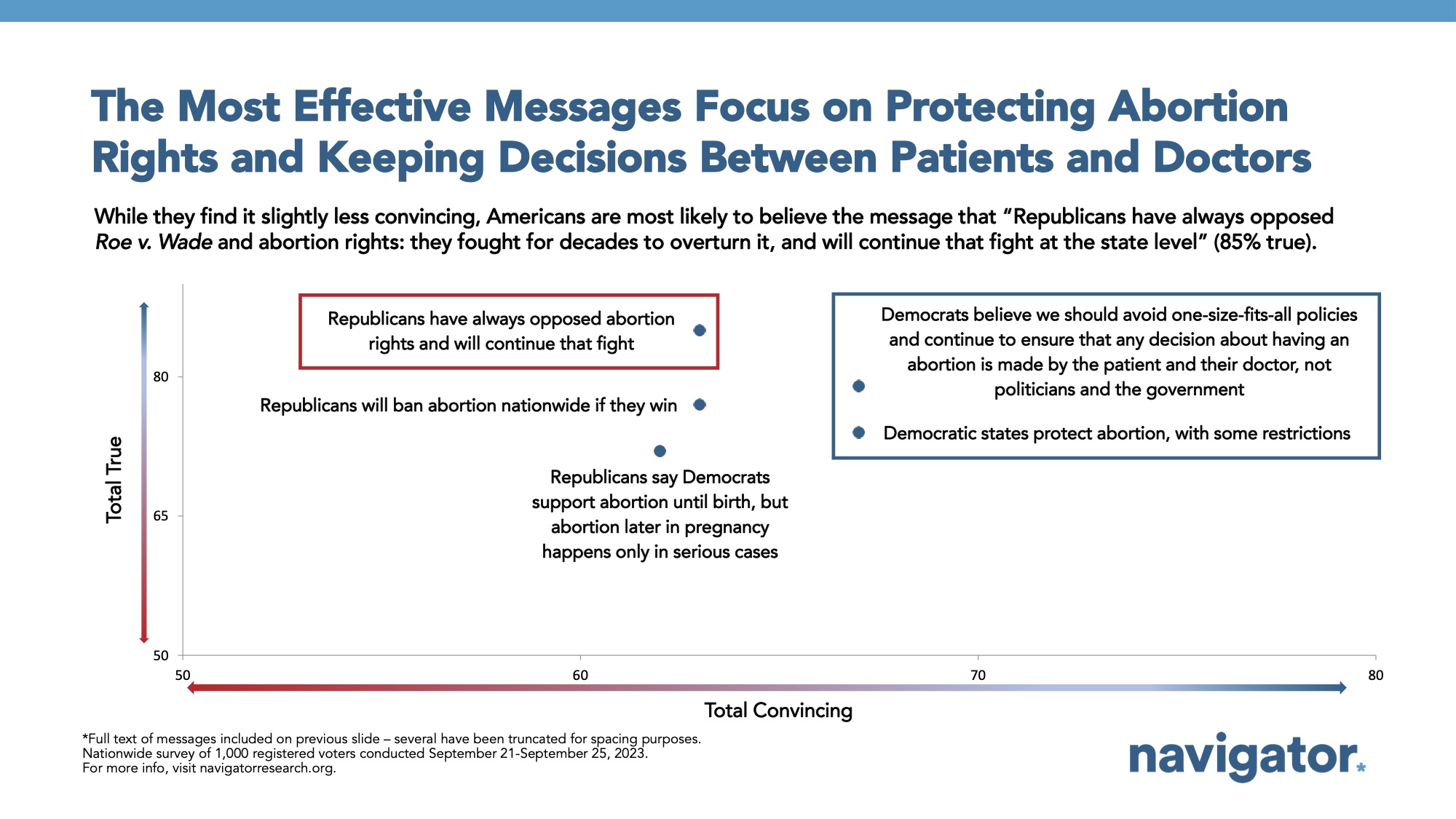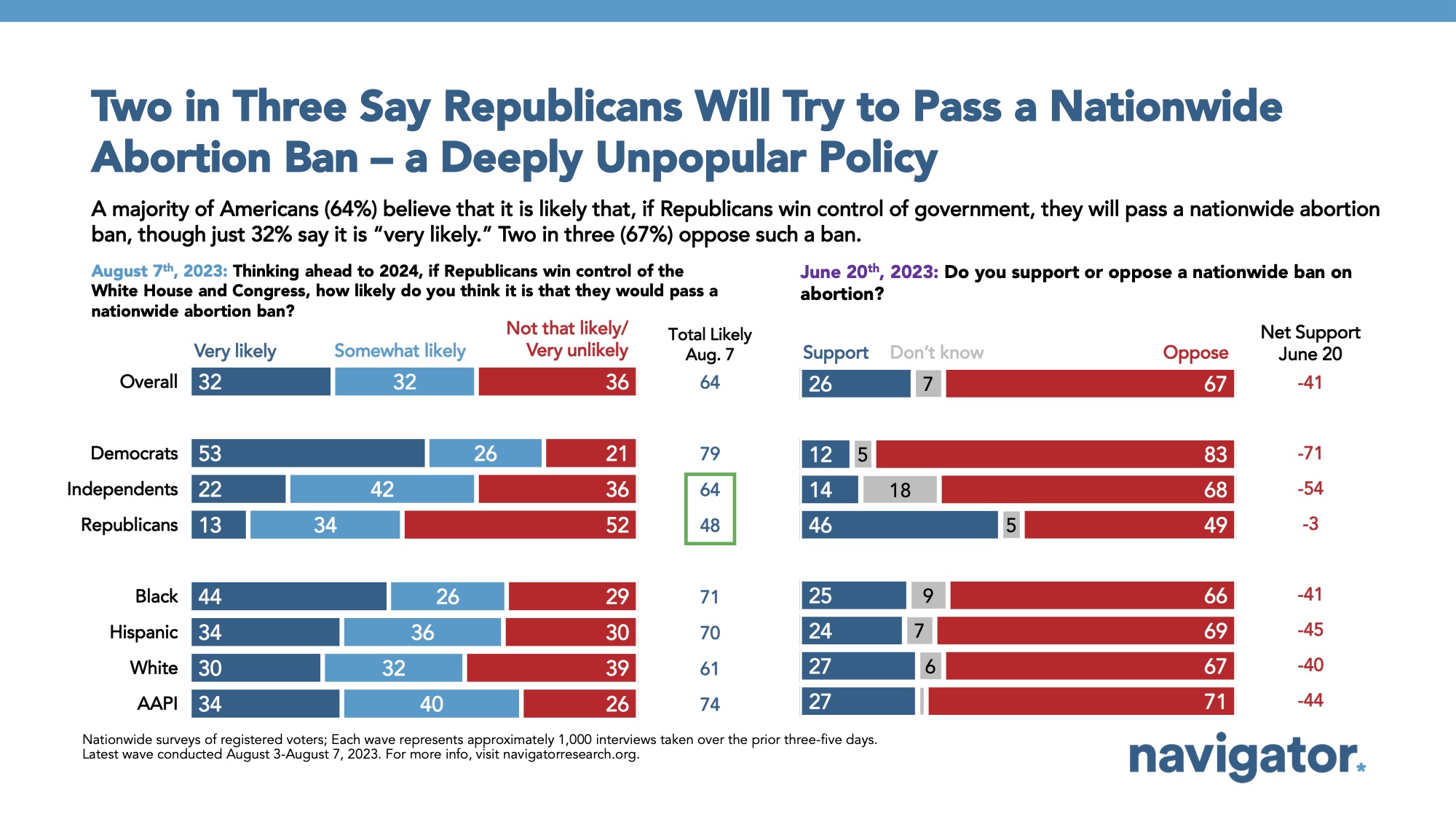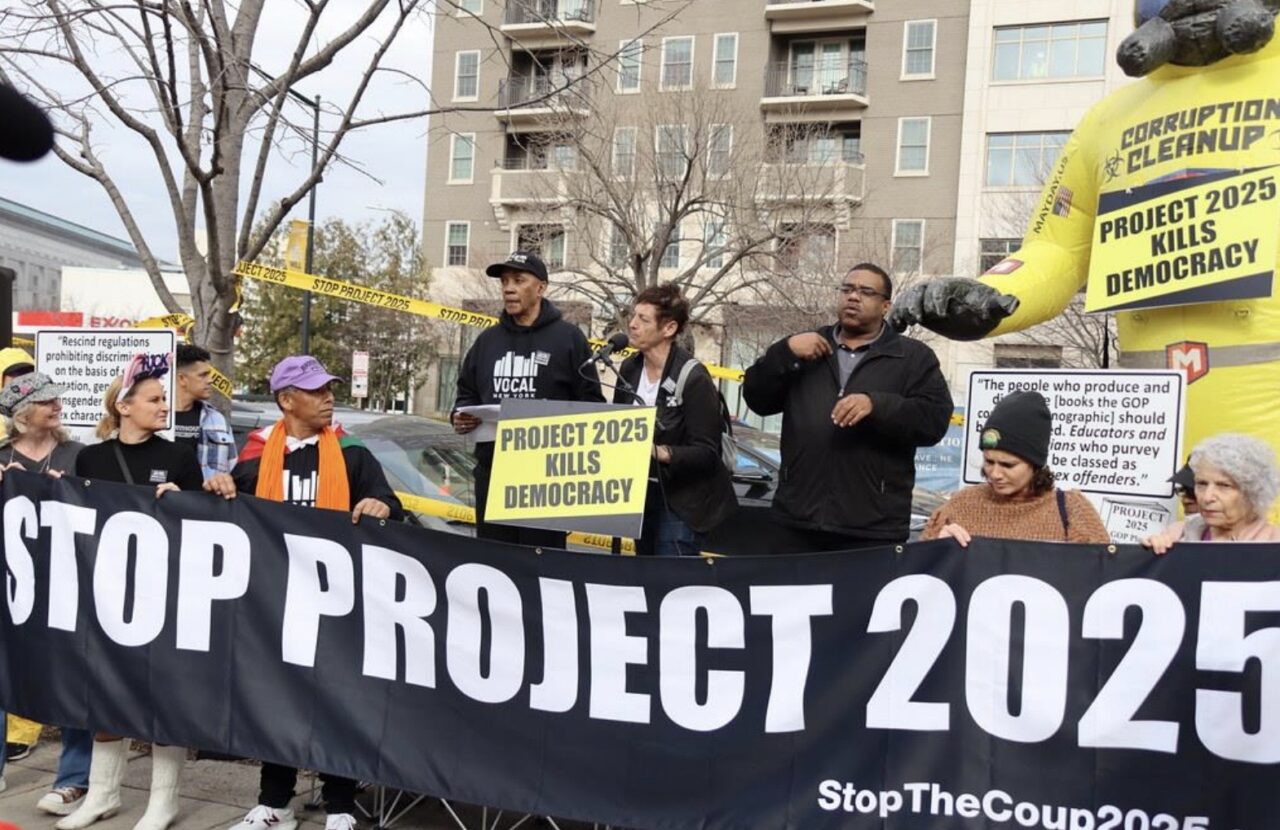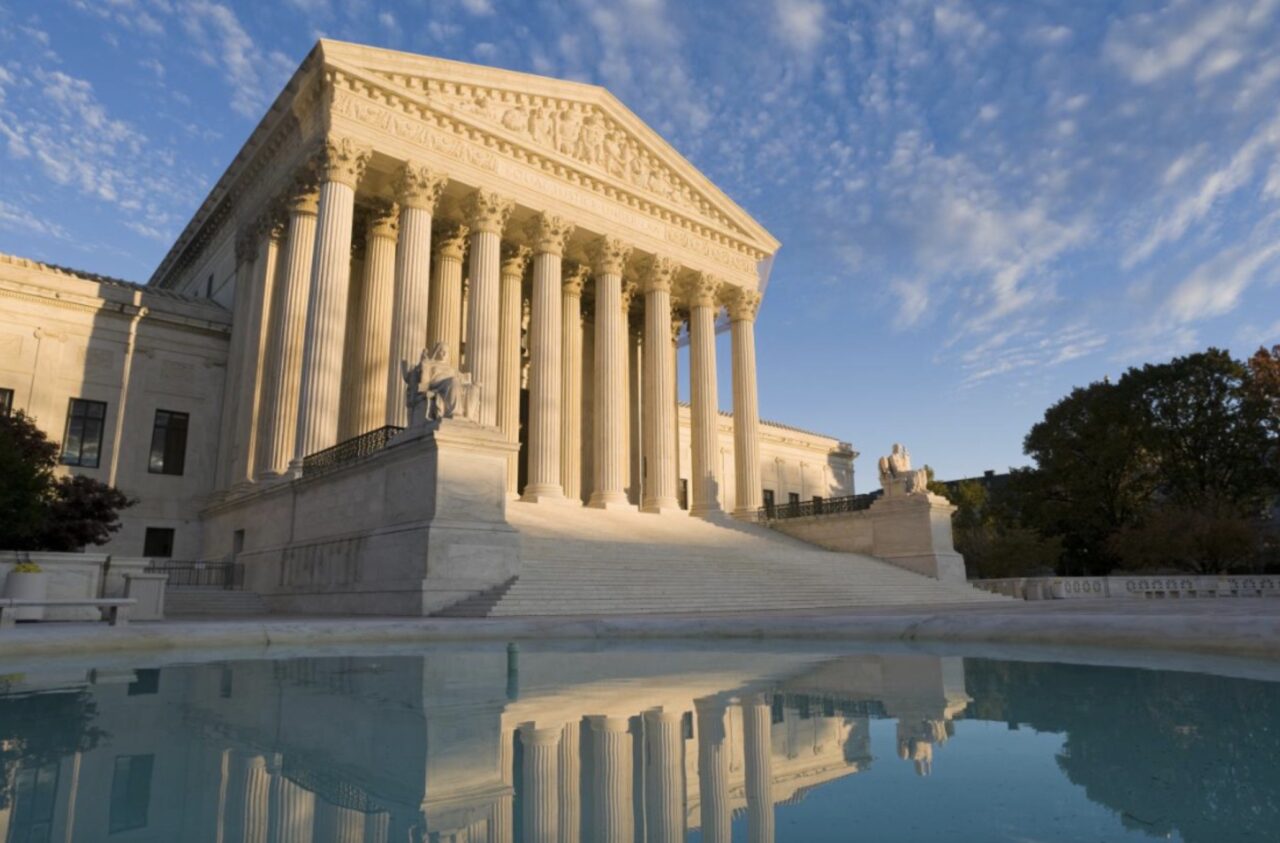Introduction
In the year between the 2022 midterms and the 2023 elections, some pollsters and pundits claimed that the saliency of abortion rights was waning. Despite the wins for abortion rights across the country in last year’s midterms, the feeling that abortion access was no longer a motivating or even focal issue was up for debate. As results came in across the country, an explicit narrative was formed –– from Pennsylvania and Ohio to Virginia and Kentucky –– threats to abortion rights were a key decision maker. Whether it was an election for a state Supreme Court, state legislature, governor, or a ballot measure, each of these elections was defined by attitudes on abortion. Despite the conviction of some that abortion was slipping in saliency, we’ve seen a consistent share of Americans say abortion rights are under attack and a growing share of those who support abortion rights. As we get further away from the Supreme Court overturning Roe v. Wade, there’s no indication abortion is a back burner issue, but rather a galvanizing warning that other rights are at stake.
Tracking Attitudes Toward Abortion
In the 18 months since Roe v. Wade was overturned, Americans have expressed increased support for abortion rights across varied measurements: Gallup’s historical data tells us that there has been an increase in support for abortion rights, with a near record-high who say abortion should be legal in all cases. Navigator similarly found that there has been an increasing share who believe abortion should be legal in all or most cases (net +21; 58 percent legal in all or most cases – 37 percent illegal in all or most cases), an 8-point net increase compared to June of 2019 (net +14; 54 percent legal in all or most cases – 40 percent illegal in all or most cases).
There has similarly been an increase in the share who identify as pro-choice to three in five Americans in June of this year (60 percent), compared to 55 percent in June of 2019, while the share who identify as pro-life has decreased to a third of Americans (33 percent), compared to 39 percent in 2019. As some Republicans have tried to move away from the term pro-life, the rebranding efforts don’t appear to be working: in September, when asked which best describes their position, participants were even more likely to identify as pro-choice (64 percent), as opposed to anti-abortion (31 percent), with significantly more independents identifying as pro-choice (73 percent) when juxtaposed with anti-abortion (21 percent), compared to the conventional pro-choice pro-life terminology (57 percent pro-choice – 28 percent pro-life).
More generally, Americans continue to view the involvement of politicians in the decision to have an abortion as out of step with their own views: in August, a plurality of Americans said the following statement came closest to describing how they felt about the issue of abortion: I am personally against abortion for myself and my family, but I don’t believe government should prevent a person from making that decision for themselves (40 percent). Meanwhile, 35 percent of Americans believed having an abortion is morally acceptable and should be legal, while the smallest share said having an abortion is morally wrong and should be illegal (20 percent).
At the same time that support for abortion rights has increased, the perception that the right to an abortion is at risk has also increased: from September 2021 to August 2023, the share of Americans who say they believed the right to an abortion is at risk in the country increased from 61 percent to 69 percent. Similarly, 44 percent believed the right to an abortion was at risk in their own state in September 2021, growing to 51 percent in August of this year, which is significantly more acute among Americans living in states with new restrictions since Roe was overturned (70 percent) than those living in states with no new restrictions (37 percent).
Where the Political Parties Stand on Abortion Rights
Americans largely view the political parties’ stance on abortion clearly: in a September survey, seven in ten Americans said they believed the Democratic Party believes abortion should be legal in all or most cases (71 percent), while a near-identical share said the Republican Party believes abortion should be illegal in all or most cases (73 percent). While a majority of independents believe Democrats think abortion should be legal in all or most cases (52 percent) and Republicans believe abortion should be illegal in all or most cases (52 percent), about a third say they are unsure where Democrats (32 percent) and Republicans (36 percent) stand on the issue. In October focus groups conducted with independents and weak partisans who are against a complete ban on abortion in Virginia, Wisconsin, and Arizona, participants viewed both parties’ stance on abortion clearly: when asked how participants would describe Democrats’ stance on abortion, men in Arizona said things like “I think they want to give women the right to choose” and “their body, their choice.” When it came to defining Republicans, the stance was described as they want to “ban it altogether,” as an Arizona man put it, while a Wisconsin woman connected it to religion: “Republicans were more conservative, probably more religious and are against abortions.”
In a September survey, Americans described the Republican Party’s position on abortion as extreme by a 31-point margin (58 percent extreme – 27 percent not extreme), including independents by 30 points (50 percent extreme – 20 percent not extreme), and a third of Republicans who say the same (net -16; 35 percent extreme – 51 percent not extreme). Far fewer Americans say Democrats are extreme on the issue of abortion (net -1; 42 percent extreme – 43 percent not extreme), with independents nearly split evenly between believing they are extreme, not extreme, or unsure (38 percent extreme – 30 percent not extreme – 32 percent unsure). In a survey from October conducted across about 60 closely divided House districts, most similarly said Republicans are too extreme on the issue of abortion and are far more extreme than Democrats on the issue: nearly three in five Americans in these districts say Republicans are too extreme on the issue of abortion (58 percent too extreme – 37 percent not extreme); by contrast, they are also evenly divided on whether Democrats are too extreme on abortion (48 percent too extreme – 46 percent not extreme).
Donald Trump’s perceived position on abortion is less clear: a majority of Americans say they think Trump believes abortion should be illegal in all or most cases (56 percent), with 28 percent saying he believes abortion should be illegal under any circumstance and 29 percent who are unsure. A plurality of independents say Trump believes abortion should be illegal in all or most cases (47 percent), but nearly two in five say they don’t know (38 percent). Yet more than three in four say it is true that if Republicans win control of the White House and Congress, it is likely they would pass a nationwide abortion ban (77 percent). Similarly, two in three Americans in the battleground say Republicans will pass more restrictions on abortion if they win the next election (63 percent), including 68 percent of women and 57 percent of independents.
Consequences of Abortion Bans and Criminalizing Care
The idea that abortion bans would impact individuals to such a harrowing degree can be difficult for some to understand, but as the impacts become realized, the real-life stories and consequences are more tangible than ever. When reviewing outcomes that have occurred since the Supreme Court overturned Roe, seven in ten Americans found each of the following concerning: “a ten-year-old rape victim was denied an abortion in her state because of her state’s abortion ban” (78 percent concerning), “a woman who experienced a premature rupture of membranes at 18 weeks pregnant was forced to wait for her baby to die in the womb or suffer a severe infection before being allowed an abortion” (77 percent concerning), and “some states have passed bills making abortion a criminal offense leading to jail time” (72 percent concerning).
In focus groups from October, participants were shown two videos illustrating the impact of abortion bans: one of an ultrasound technician in Georgia detailing the impacts of lack of abortion access in the state and another of a mom in New Hampshire explaining her own abortion. A man in Arizona responded: “I think the whole thing is just concerning just because I think it speaks more and more to why ultimately women should make this choice. We just don’t really have any right to make laws when it comes to something that is so personal, and private, and intimate, and affects their mental state and also their physical state as well.” A woman in Virginia said: “I think both of those videos are reality checks. I think that any politician who thinks that they have a right to dictate a woman to decide when an abortion is necessary needs to watch both of those videos.”
As politicians attempt to pass legislation criminalizing abortion care, an August survey found that criminalizing abortion care is deeply unpopular across party lines. Americans oppose criminally prosecuting patients who receive an abortion by a 56-point margin, including 58 percent of whom are strongly opposed (net +56; 73 percent oppose – 17 percent support). Additionally, two in three Americans oppose criminally prosecuting doctors who perform an abortion (net +43; 66 percent oppose – 23 percent support).
The Current Landscape
Following the 2022 midterm elections, our post-election survey among midterm voters revealed that the electorate was overwhelmingly pro-choice (60 percent) and believed abortion should be legal (73 percent). Further, among “winning swing” voters––2022 voters who voted for winning Democratic candidates in key Senate, Governor, and House races but hold some historic non-Democratic voting behavior––seven in ten identified as pro-choice (71 percent), while 92 percent said abortion should be legal. Given the historical precedent, the results clearly moved the Republican politicians to examine their strategy and attempt a new approach in the 2023 elections.
In the 2023 elections, Republican candidates tried to redefine the fight around abortion rights by using terms like “limit” and “reasonable” to define their own positions and using inflammatory characterizations to define Democratic stance on abortion. In a September survey, we saw that most Americans disagree with these characterizations and that Americans found it more convincing that “Republicans are making up lies about where Democrats stand on abortion because their own views are so extreme, like banning abortion before most women know they are pregnant with no exceptions for rape or incest” (63 percent) over the claim that “Democrats support abortion up until birth” (37 percent), including more than two in three independents (68 percent) and a third of Republicans (34 percent) who agree more with the progressive argument. In focus groups in October, few saw the claim that Democrats believe in “abortion up until the moment before birth” as credible, as an Arizona Hispanic Republican said: “I think it’s a political game, but I think most people want the women to decide. I think that’s what Democrats decide for the most part. It’s pro-choice.” In the same survey, Americans found it both convincing and true that “Democrats believe we should avoid one-size-fits-all policies and continue to ensure that any decision about having an abortion is made by the patient and their doctor, not politicians and the government” (79 percent found this true, 67 percent found this convincing), and that “Republicans have always opposed Roe v. Wade and abortion rights: they fought for decades to overturn it and will continue that fight at the state level” (85 percent found this true, 67 percent found this convincing).
The attacks on abortion rights come from all directions and are not uniform: with the continuing attacks on medication abortion, we’ve seen a shift in the playbook to attack government institutions like the U.S. Food and Drug Administration, opening the potential for the Supreme Court to once again weigh in on abortion rights and access. In an April survey, prior to the Circuit Court ruling upholding the legality of the abortion pill, but with significant restrictions, 62 percent of Americans agreed that “suspending the FDA’s approval of prescription abortion medication to end pregnancies at home is part of a broader agenda by Republican politicians to ban abortion nationwide” (62 percent agreed – 24 percent disagreed). Further, seven in ten found statements about prescription abortion medication convincing to keep such medication legal, including that “having an abortion is a personal decision that should be between a patient, their doctor, and their family: prescription abortion medication allows people to end early pregnancies safely and more privately” (70 percent found this convincing), as well as “prescription abortion medication can be used as a life-saving treatment for miscarriage… when it comes to essential reproductive health care, we need all options available” (69 percent found this convincing). With the potential of Supreme Court involvement, it’s important to note that Americans remain split on their trust in the Supreme Court to make the right decisions in the future (47 percent trust – 53 percent do not trust), nearly half of Americans (48 percent) saying the current Supreme Court is making decisions that take away their freedoms, compared to just 29 percent who say the Supreme Court is making decisions that protect their freedoms.
Where the Fight is Headed
Looking ahead, as more states begin to consider referendums and ballot measures, an August survey found that nearly two in three Americans say that if their own state held a vote on whether to protect the legal right to an abortion in their state constitution, they would vote to protect abortion rights in their state (64 percent), including 58 percent of independents and 44 percent of Republicans. Conversely, a June survey found that more than two in three Americans oppose a nationwide ban on abortion (26 percent support – 67 percent oppose), including 68 percent of independents and 49 percent of Republicans.
As we move further from the Dobbs decision, the debate over the saliency of abortion will likely continue to ebb and flow, even as polling consistently shows resounding support for abortion rights. While the shape-shifting attempts to ban abortion continue, whether, in inflammatory statements or attacks on democracy, Americans continue to be fervent in their support for keeping the government out of their most personal decisions and as the attacks continue––whether at the state or federal level, or the judiciary––Navigator will continue to work to understand how these attacks are impacting public opinion.

